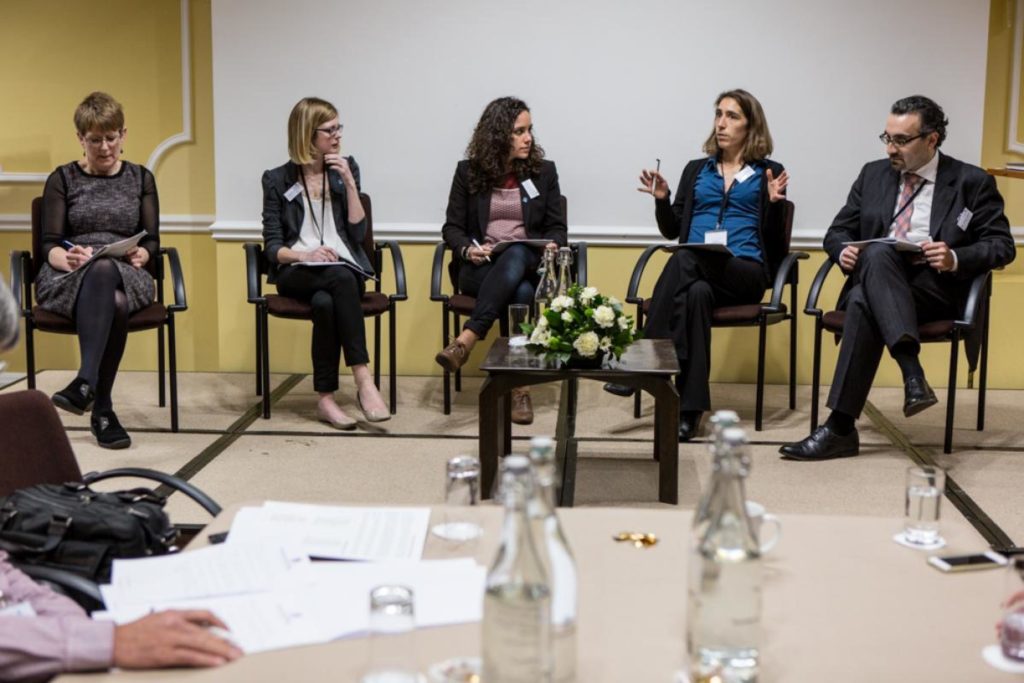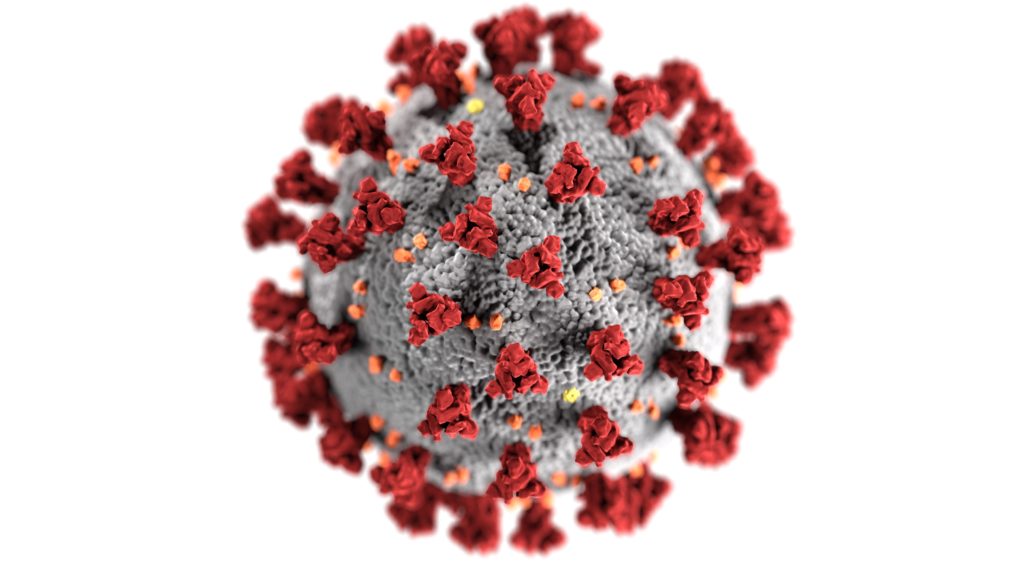
Every year, the Cumberland Lodge Scholarships gives 10 doctoral students the opportunity to spend two years involved in our work; bringing people together, from different backgrounds, ages and perspectives, to address the causes and effects of social division and work towards more open and inclusive societies.
Scholars have the chance to network with senior figures in public life and to participate in, or help to lead discussions with people of all ages, backgrounds and perspectives that ultimately inform recommendations for practical action and policy change. Scholars also have opportunities to take part in Programme topics outside their own academic disciplines. In doing so, they will gain experience in: working collaboratively; engaging in cross-disciplinary discussion; public engagement and facilitation at events; networking; and writing for a range of different audiences.
The Scholarships fit around the demands of doctoral research. The Scholarships are open to students of any age who are enrolled on a doctoral programme within the UK.
There is no contribution towards tuition or maintenance costs. Scholars are, however, provided with meals, accommodation and standard economy return travel to Lodge events, amongst priority attendance at other digital events. A Personal Development Grant of up to £300 is also accessible.
Applicants must:
- Have at least two years left to complete their PhD
- Be studying at a UK university
- Provide a CV and covering letter demonstrating a commitment to working for ‘the betterment of society’ through their academic research and/or other activities.
All types of doctoral candidates are eligible to apply, including full-time, part-time and those on non-traditional pathways and professional doctorate programmes. Since 2014, a total of 57 students have enjoyed, and are currently enjoying, the benefits of this programme.
Potential Scholars are welcome to apply between 1 March 2021 – 9 April 2021. For more information about Cumberland Lodge and the Scholarship scheme, please visit their website.


